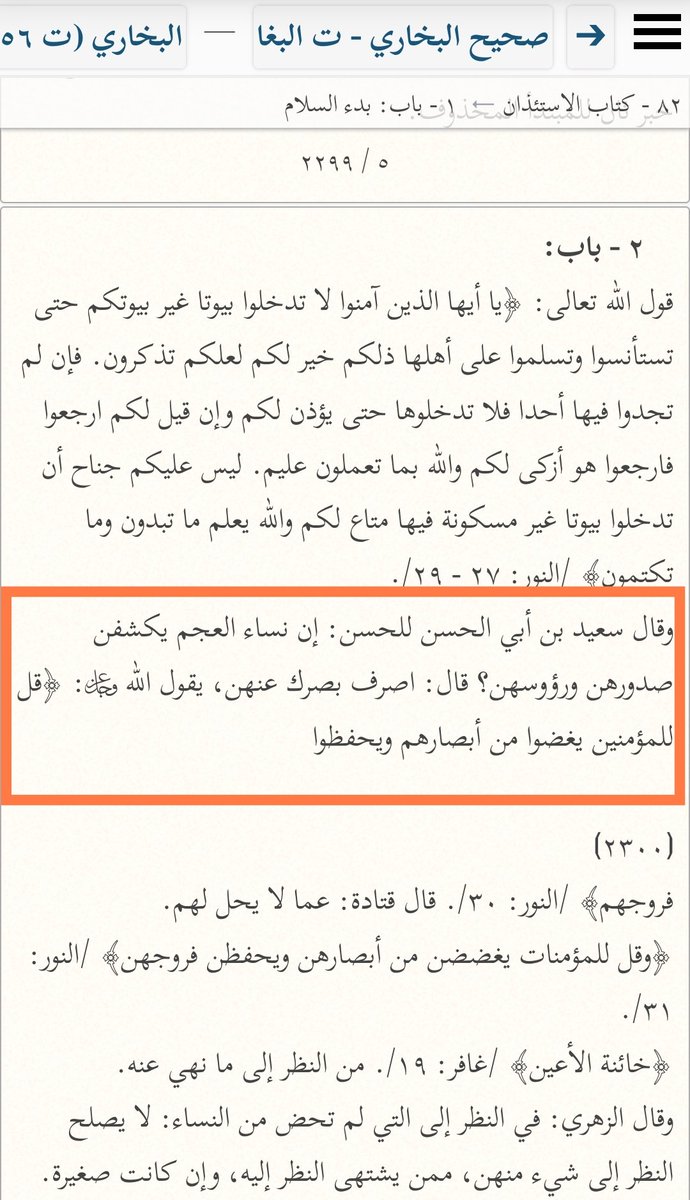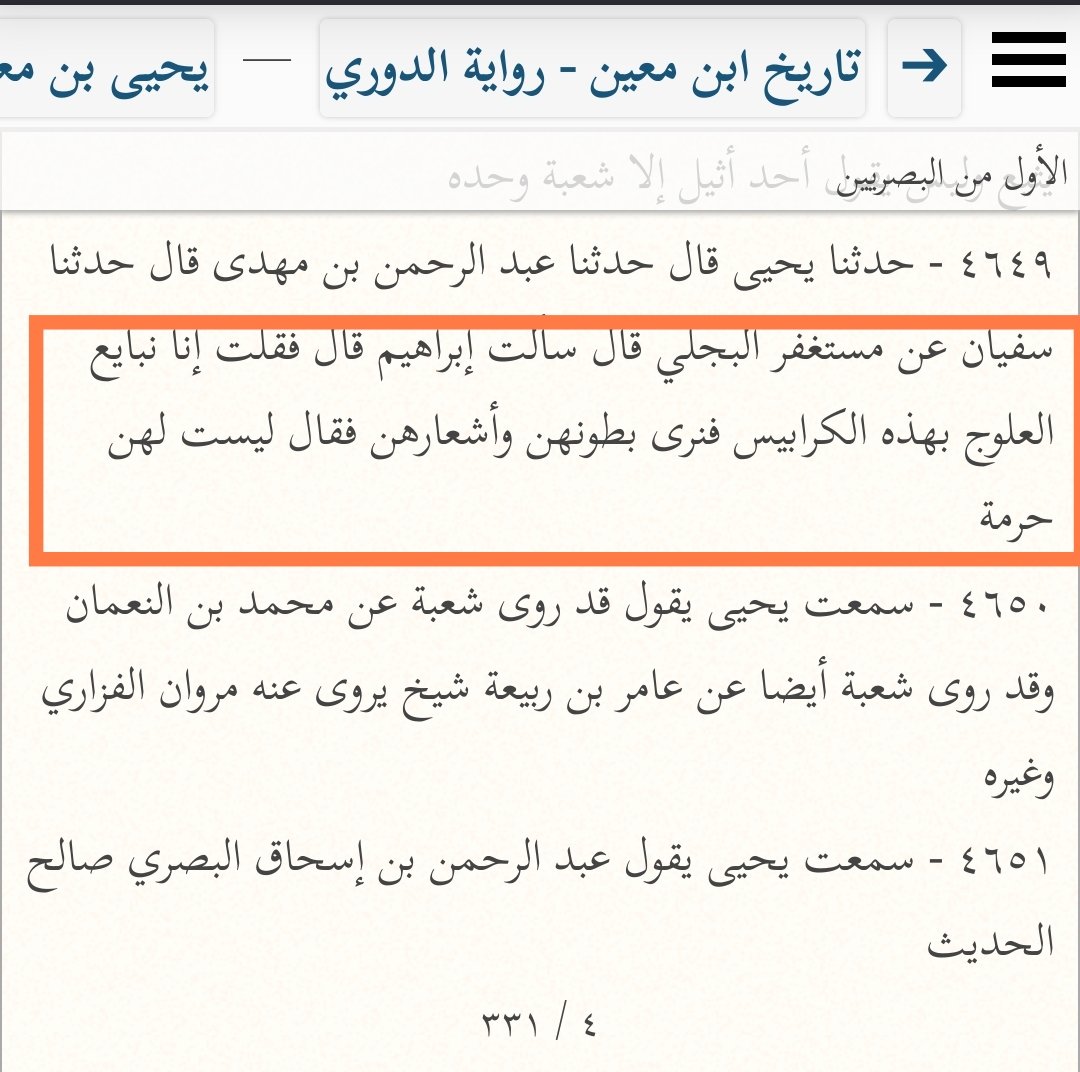All four madhahib are in agreement that the 'awrah of a free woman doesn't differ between a Muslimah and a Kaafirah, so it is haram to look at her. As for the statement of Al Hasan al Basri, Al Bukhari narrates the opposite from him, in that he said that you must look away

So it's necessary to combine between this narration and the one where he said "there is no issue in it" by saying that the latter is about the sale to those women remaining halal, not that intentionally looking is halal.
As for the narration of Ibrahim al Nakha'i, it is irrelevant since it relates to seeing the hair and stomachs of female slaves when they are being sold. The word used is علوج which is the plural of علجة meaning female slave The matter here is about free women, not slaves.

As for the narration from Sufyan al Thawri, Ibn Kathir mentioned it in his tafsir without any sanad, and he even used the phrasing روي which suggests that it is weak. And even if it was authentic, in the same narration Sufyan goes on to explain that it would still be forbidden..
to look at those women even if they don't have حُرمة due to fear of fitnah. And as for the narration from Imam Ahmad, it was about what those non Muslim women had to cover, not what is allowed to be looked at. And there's no doubt that they were not forced under the Shari'ah...
to cover up like Muslim women, as the many narrations suggest. But that does not oppose the obligation upon men to lower their gaze. So displaying uncovered non Muslim women on a screen is obviously not going to help men lower their gaze as how they are obligated to do so.
This is a matter which is undisputed among all four madhahib, and trying to produce a fatwa in opposition to that (especially when one is not qualified to do so) is both impermissible and irresponsible. Also, the usuli discussion about ما عمّت به البلوى means that if an issue...
is widespread then there must be a clear and strong evidence speaking against it to claim prohibition, since it is unlikely for such an issue to not be addressed by the Shari'ah in clear terms. It does not mean that if something is widespread then it becomes permissible.
Likewise, when the fuqaha speak about looking at something with desires, they mean to get to get enjoyment out of looking at it, not that a person must have lewd intentions necessarily. وَمَعْنَى الشَّهْوَةِ التَّلَذُّذُ بِالنَّظَرِ قَالهُ فِي الإنْصَافِ
